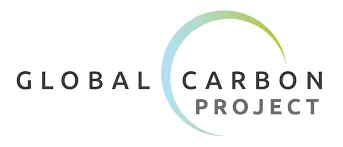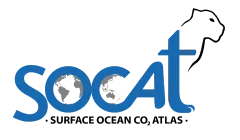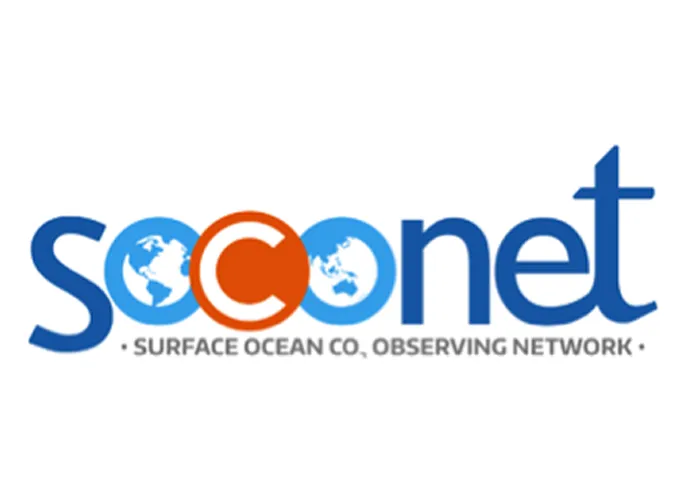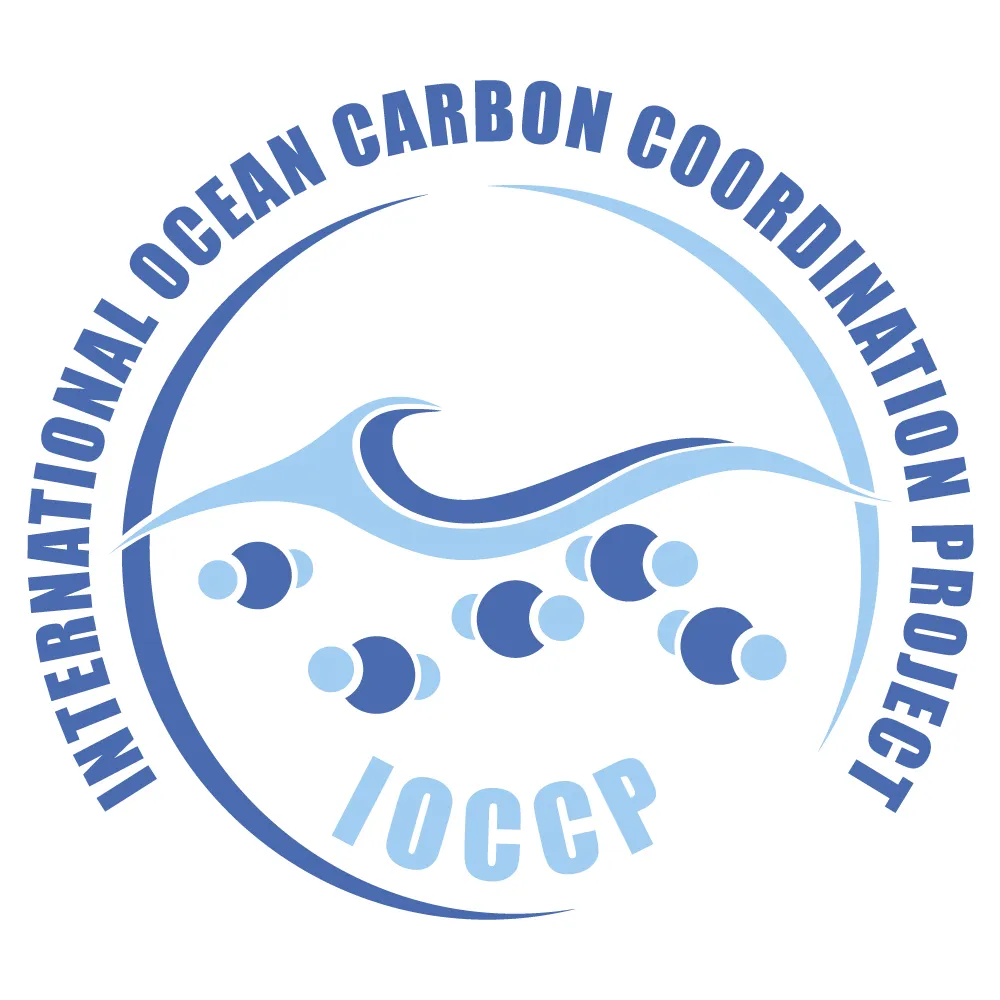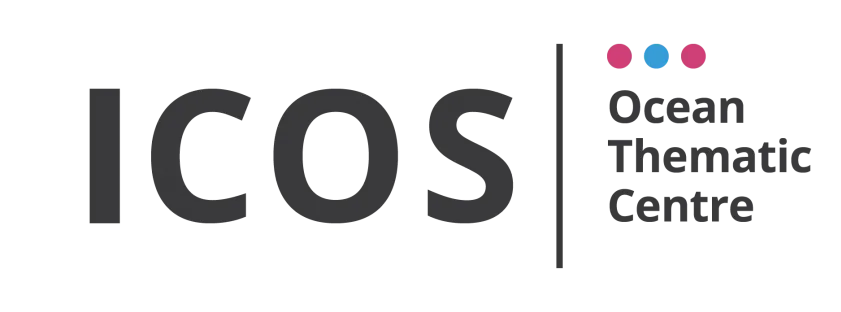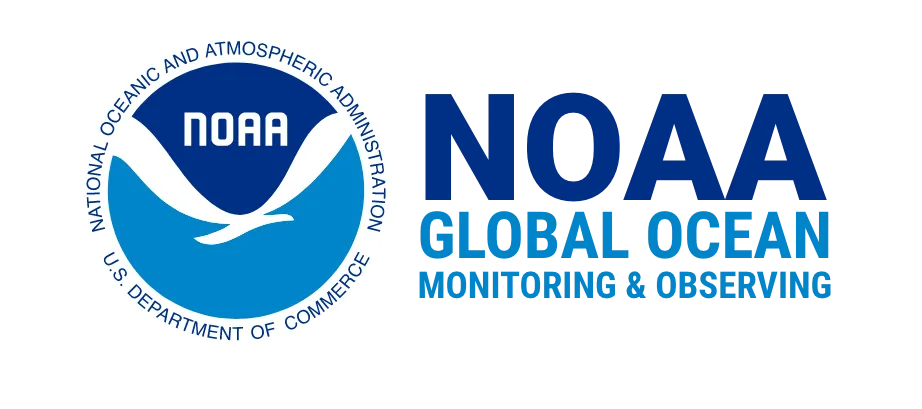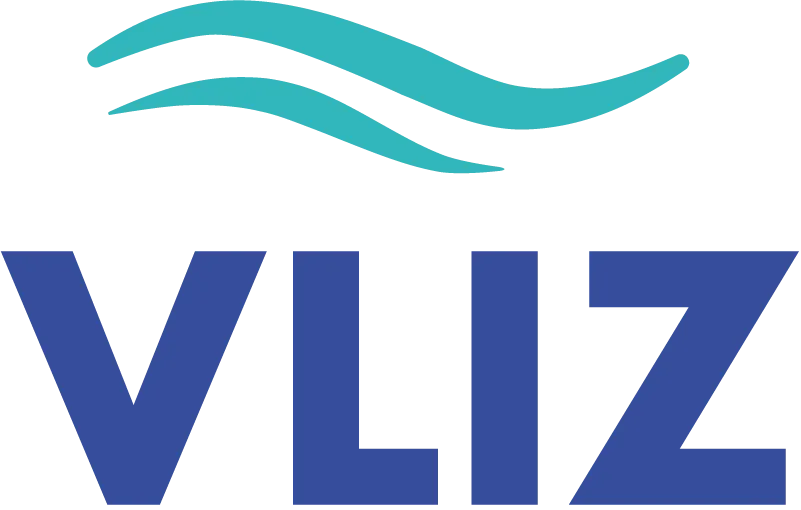We are pleased to invite you to a series of workshops on surface ocean pCO2 observations, synthesis and data products, which will be held on 6-9 November 2023 at Flanders Marine Institute (VLIZ), InnovOcean Campus, Oostende, Belgium.
Surface ocean pCO2/fCO2 (partial pressure/fugacity of CO2) data products and air-sea CO2 fluxes determined from them have become an important input in the quantification of the ocean carbon sink strength in the Global Carbon Budget (GCB) as well as in determining variability and trends of ocean acidification. There are however several aspects of the pCO2 products and the fluxes based on them that are less well known, e.g. their sensitivity to data availability, method of interpolation/gap filling and the overall uncertainty in the air-sea CO2 fluxes.
The workshop will be roughly divided in three parts:
1. Uncertainty in data-based air-sea CO2 fluxes
The first part will foster the development of (more robust) uncertainty quantifications related to the extrapolation of sparse pCO2 measurements to the global ocean. We will overview current methods and discuss possible subsampling exercises and how we best integrate this knowledge into the existing uncertainty framework of the GCB.
2. SOCONET design and pCO2 products
The second part of the workshop aims to foster links between the nascent CO2 network development effort SOCONET and pCO2 products to inform (a) the value (in quantitative terms of pCO2 mapping uncertainty) of the existing measurement infrastructure, (b) the impact of a decline in sea surface pCO2 measurements globally since 2018, (c) the impact of the quality of the measurements with focus on uncertainties and biases at local and global scale in the air-sea CO2 flux reconstruction and (d) the SOCONET design.
3. SOCAT strategy and quality control
The third part will concentrate on the Surface Ocean CO2 Atlas (SOCAT). Considering the impact of SOCAT on several fronts (from ocean biogeochemistry and climate research to policy), it is time for the community to discuss the future direction of SOCAT and to review the current data submission and quality control practices including quantification of uncertainties. We will discuss how to optimize the data submission and quality control based on recent technological developments (with respect to pCO2 instruments) and assessments, aiming for an updated version of the “Quality Control Cookbook”. We plan to spend the last morning with a hands-on component that will give interested participants the opportunity to better understand the SOCAT data submission and quality control procedures and to provide input on how these can evolve. (A SOCAT account will be required for attendance of the quality control part of the workshop.)
We encourage in-person attendance of the workshop, however there will be opportunity for online participation. Please, indicate your preference for in person or online attendance via this registration link.
More information and a detailed agenda will be available soon here: https://www.icos-otc.org/node/223
Organizers:
Tobias Steinhoff, NORCE Norwegian Research Centre AS, Norway/GEOMAR, Germany
Thanos Gkritzalis, Flanders Marine Institute, Belgium
Dorothee Bakker, University of East Anglia, UK
Peter Landschützer, Flanders Marine Institute, Belgium
Shin-ichiro Nakaoka, NIES, Japan
Kevin O’Brien, NOAA Pacific Marine Environmental Laboratory, USA
Richard Sanders, NORCE Norwegian Research Centre AS, Norway
Adrienne Sutton, NOAA Pacific Marine Environmental Laboratory, USA
Kathy Tedesco, NOAA GOMO, USA
Maciej Telszewski, IOCCP, Poland
Bronte Tilbrook, CSIRO, Australia
Rik Wanninkhof, NOAA Atlantic Oceanographic and Meteorological Laboratory, USA
Associated programs and sponsors:
Surface Ocean CO2 Atlas (SOCAT)
Surface Ocean Reference CO2 Observing Network (SOCONET)
Global Carbon Project (GCP)
International Ocean Carbon Coordination Project (IOCCP)
Ocean Thematic Centre (OTC) of the European infrastructure Integrated Carbon Observation System (ICOS)
National Oceanic and Atmospheric Administration’s Global Ocean Monitoring and Observing (NOAA GOMO)
Knowledge and climate services from an African observation and Data research Infrastructure (KADI)
GEORGE Horizon Europe-funded project (GEORGE)
Flanders Marine Institute (VLIZ)
